How to Treat Jersey Cattle for Pneumonia
Jersey cattle can develop life-threatening pneumonia at any time of the year. It can be more common during periods of chilly, damp weather, but is not restricted to only those times. Jersey cattle can get a case of pneumonia during the heat of the summer (ours did).
Respiratory diseases are less common in adult cattle than mastitis. However, they can be one of the biggest health challenges for young Jersey calves. Homesteaders must be on the lookout year-round for pneumonia and other diseases that can cause breathing difficulties for their livestock.
What causes pneumonia in Jersey cattle?
Pneumonia in Jersey cattle is caused by a variety of bacteria and viruses. One of the most common is Bovine Respiratory Syncytial Virus (BRSV). Sometimes other factors that suppress your cattle’s immune systems can make them more prone to respiratory diseases.
The respiratory illness starts with a virus that causes damage to your Jersey cattle’s upper and lower respiratory tract. Once that happens, bacteria can take advantage of your dairy cattle’s weakened state, invading their systems and leading to significant lung damage.
Our Jersey milk cow ended up with pneumonia because of the wind and dust we have here in our area. It’s not uncommon for Jersey cattle to inhale bacteria and get pneumonia in this kind of climate.
How can you tell if a Jersey cow has pneumonia?
One of your first questions is probably how to tell if your Jersey cattle have pneumonia. Your Jersey cattle aren’t that different from people. They show similar symptoms when they are sick.
When our Jersey milk cow was sick, her milk production dropped significantly. She was lethargic, had heavy breathing, wheezing, and just not feeling well.
Here are some of the common indicators the cattle on your homestead are dealing with a respiratory illness like pneumonia.
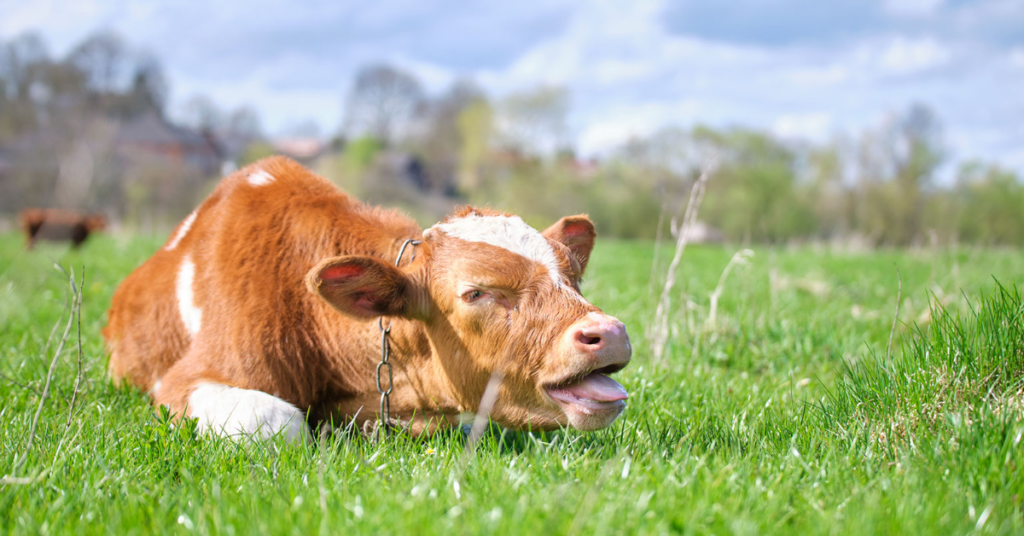
“Wet” Coughing
Coughing is not normal behavior in Jersey cattle. If you hear the livestock on your homestead coughing, you can be certain something is up with their health. Dry coughing can signal a host of issues, including lungworm.
While Jersey cattle with pneumonia can sometimes dry cough, it’s more likely you’ll notice a wet cough from the extra mucous the animal is producing while sick. Just like humans, your cattle try to cough it up, making a raspy sound when they do.
Decreased milk production
Decreased milk production in the Jersey cattle on your homestead can signal any number of things. Your cattle may be dehydrated. They might have mastitis. Or they also could be fighting off pneumonia or another respiratory illness.
Jersey cattle with bovine respiratory disease can experience a sudden drop in milk production. If the girls on your homestead begin struggling to meet their usual output, it can be a surefire sign it’s time to check their vitals and call the veterinarian for a closer look if needed.
Excessive nasal discharge
Remember when I said earlier that Jersey cattle with respiratory illnesses can produce a wet cough because of extra mucous production? Well, they also get rid of that extra snot through their noses. Just like we get congested when we’re sick, so do the Jersey cattle on homesteads.
Cows drool. But if you notice your Jersey cattle struggling to clear more nasal discharge than usual, it’s time to call in the vet for a thorough checkup.
High fever
High fever can signal any number of illnesses in Jersey cattle on your homestead. There is a strong connection between fevers and bovine respiratory conditions like pneumonia. Respiratory illnesses are one of the earliest and most common signs of respiratory distress in dairy cattle. If your Jersey cattle have a fever higher than 103, it’s time to call the vet.
Increased respiratory rate
Rapid, shallow breathing is another obvious sign that your Jersey cattle are struggling with a respiratory illness. A normal respiratory rate for Jersey cattle is between 10 and 30 breaths per minute. If your Jersey cattle are taking shorter breaths more often, it means they can’t get sufficient oxygen into their lungs.
Gasping for air usually is a later-stage sign of respiratory distress, so don’t delay in calling the vet if you notice this behavior in your homestead cattle.
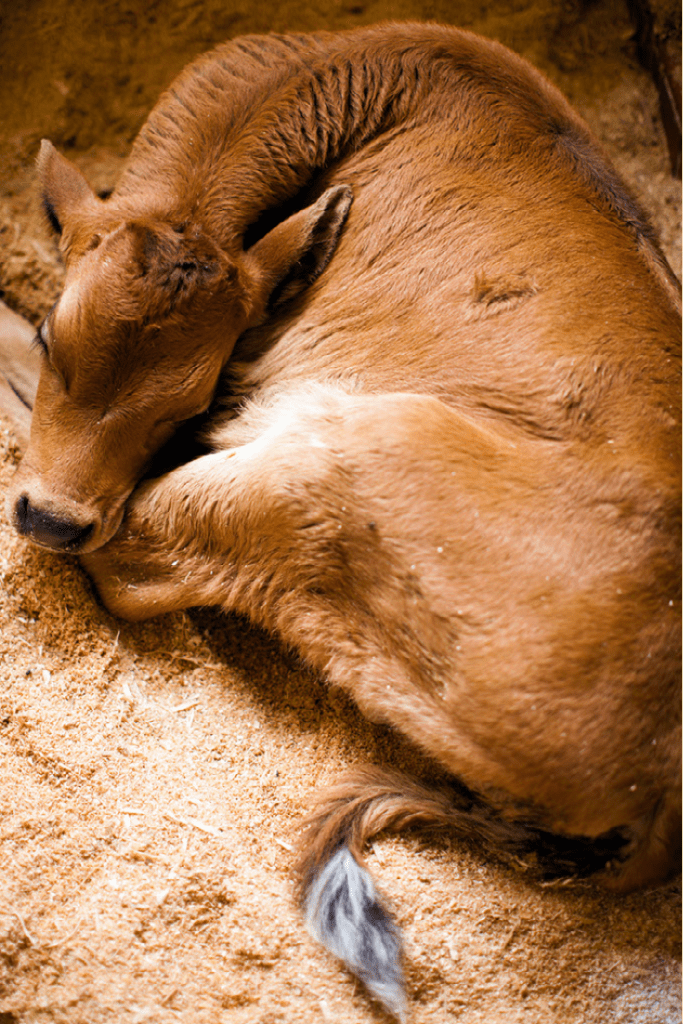
Lethargy
When Jersey cattle on a homestead aren’t feeling well, they get a bit lethargic. If any of your cattle are spending too much time laying down, moving more slowly than usual, or acting a bit uncoordinated in their movements, it might be caused by a respiratory illness like pneumonia.

How are respiratory infections in Jersey cattle treated?
One of the most recommended methods for treating Jersey cattle on your homestead for respiratory infections is with nonsteroidal anti-inflammatories (NSAIDs), combined with antimicrobial medication.
When specifically dealing with pneumonia, your vet might suggest one of two medications: florfenicol (brand names Excenel and Naxcel) or tilmicosin (brand name Micotil). If you’re dealing with respiratory illness in Jersey calves, the tilmicosin may produce better results.
Naxcel works well for adult Jersey cattle with pneumonia, but it can be cumbersome. You must inject it every day for the best results.
Our vet prescribed a combination of Excede (an antibiotic) and an anti-inflammatory. It took us three rounds of the antibiotic to kick pneumonia. During treatment, we had to make sure our Jersey milk cow was drinking and eating. When she was given the Flunixin, she perked up enough to drink and eat.
Vitamin supplementation to boost the immune system
Keep in mind that antivirals and antibiotics can further suppress an already weakened immune system. If you want to give your Jersey cattle the best chances at a full recovery from pneumonia, consider supplementing with vitamins C and E.
These powerful antioxidants give your Jersey cattle’s immune system a boost, helping it to rally against respiratory infection.
Can Jersey cattle recover from pneumonia?
The key to helping Jersey cattle on a homestead recover from pneumonia and other respiratory illnesses is to catch them early. With the standard course of antibiotics to slow or stop bacteria from multiplying, up to 80 percent of all Jersey cattle recuperate fully.
Most dairy cattle that die from respiratory illnesses do so within the first two days. If your Jersey cattle are doing well with treatment, you can expect them to get back to their normal behavior within 10 days of starting treatment.
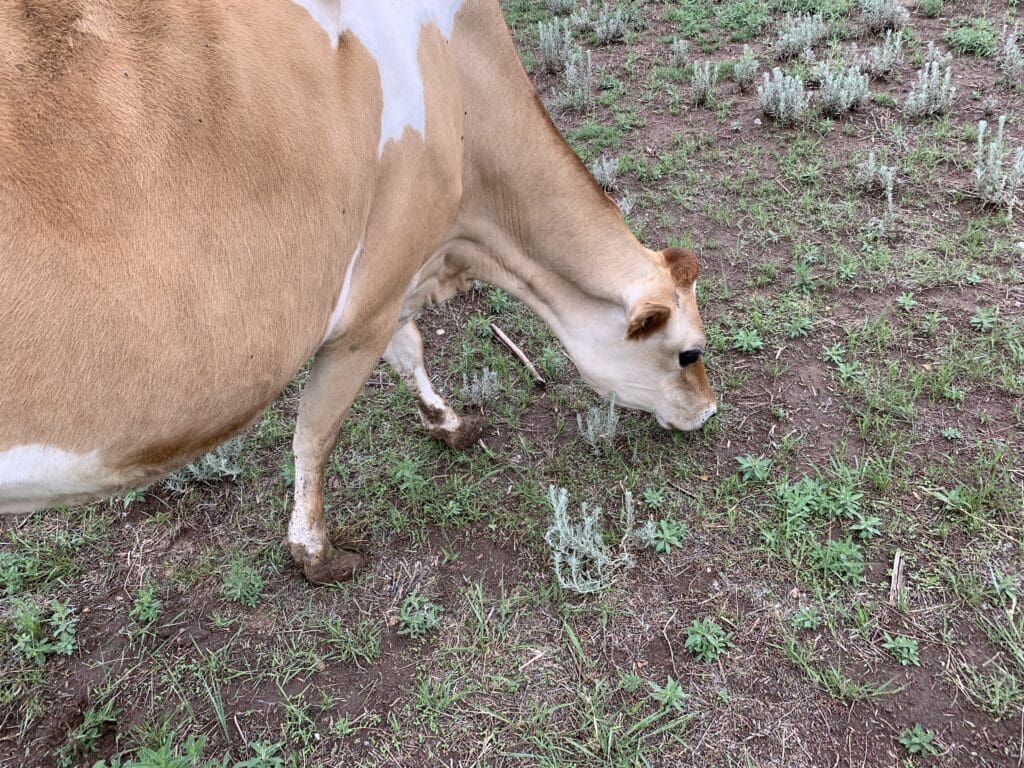
How can you prevent pneumonia in Jersey cattle?
Prevention is always easier than treating your Jersey cattle for a serious respiratory illness like pneumonia. If you want to keep your homestead running smoothly, you can follow these steps to reduce the likelihood of your livestock getting sick.
- Focus on ventilation
Make sure any homestead buildings that regularly house your Jersey cattle are well ventilated. When you have adequate airflow, you can disperse bacteria and viruses, ensure optimum temperatures and humidity levels, and reduce harmful fumes and particles that can affect your herd’s airways. - Get lab testing done
One of the most effective ways to combat bacteria and viruses is to know which ones are causing problems with your homestead’s herd. If you’re not sure where to start with this process, give your vet a call. Most veterinarians can recommend reputable testing options. - Minimize stressors
Certain behaviors can cause your Jersey cattle stress, which weakens their immune systems. Make sure your animals have clean, dry bedding, and do your best to maintain a consistent barn environment. Other things you can do are practice calm animal handling techniques and reduce moving events as much as possible.
Protecting Jersey cattle from pneumonia
Protecting your Jersey cattle from pneumonia is just one way you can ensure the success of your homestead. Closely monitor your livestock for signs of illness and consult with your vet the minute you suspect something is amiss.
Happy homesteading!
Sources
Bovine Respiratory Disease (BRD). zoetisus.com. Accessed July 22, 2022.
Identifying Loci Associated With Bovine Corona Virus Infection and Bovine Respiratory Disease in Dairy and Feedlot Cattle. pubmed.ncbi.nlm.nih.gov. Accessed July 22, 2022.
Lungworm infection in animals. merckmanual.com. Accessed July 22, 2022.
Relationship between cortisol response to stress and behavior, immune profile, and production performance of dairy ewes. journalofdairyscience.org. Accessed July 22, 2022.
Review on bovine respiratory syncytial virus and bovine parainfluenza – usual suspects in bovine respiratory disease – a narrative review. bmcvetres.biomedcentral.com. Accessed July 22, 2022.
Treatment of Respiratory Disease in U.S. Feedlots. aphis.usda.gov. Accessed July 22, 2022.
Using Nutrition to Improve Immunity Against Disease in Dairy Cattle: Copper, Zinc, Selenium, and Vitamin E. ca.uky.edu. Accessed July 22, 2022.
In our kitchen, we only use cultures from Cultures for Health.
Get yours here and start culturing today.
Popular Articles
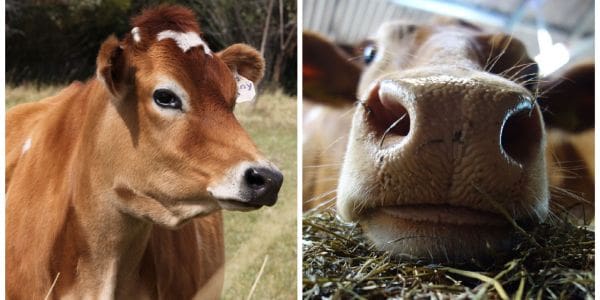
Jersey vs. Guernsey Cows: What’s the Difference?
Newsletter
Get signed up to get latest updates and new information from the Jersey Milk Cow!
This site uses Akismet to reduce spam. Learn how your comment data is processed.


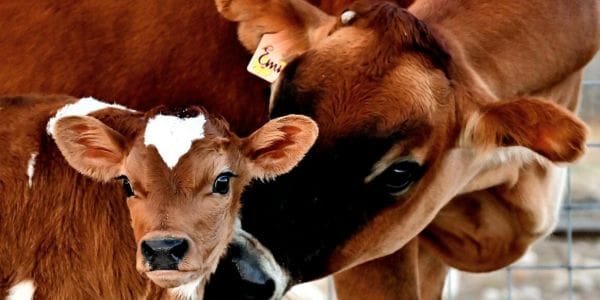
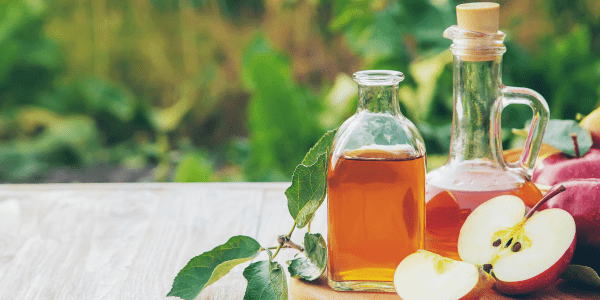
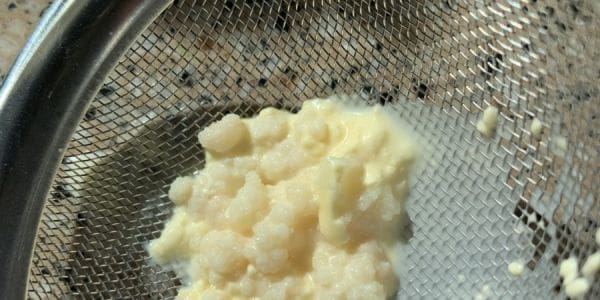
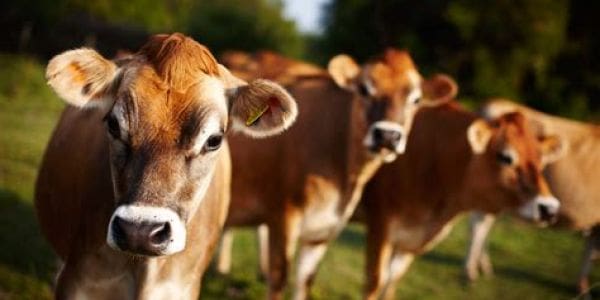
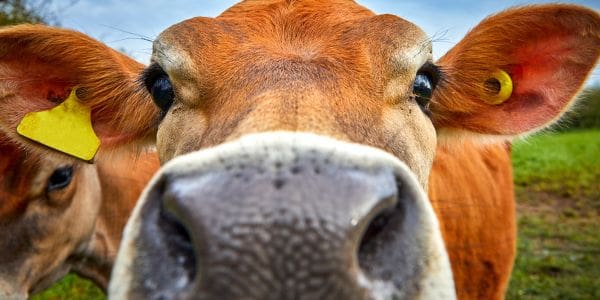
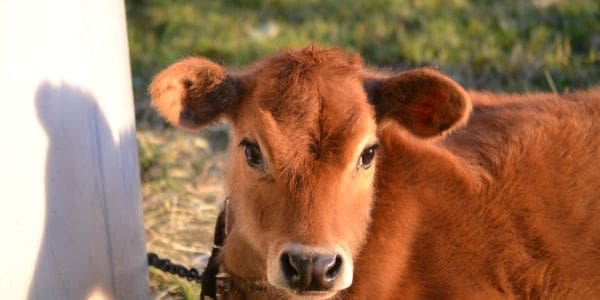
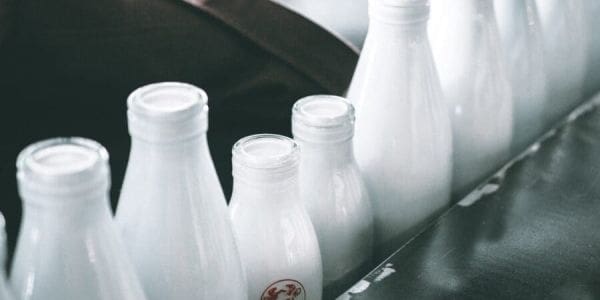
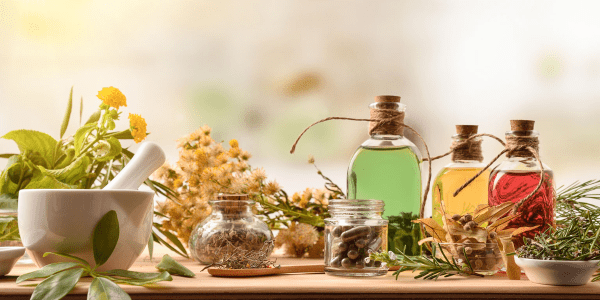
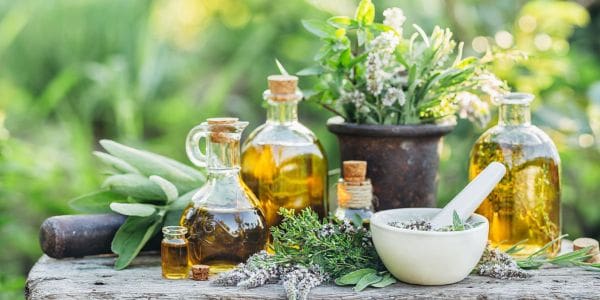
Leave a Reply